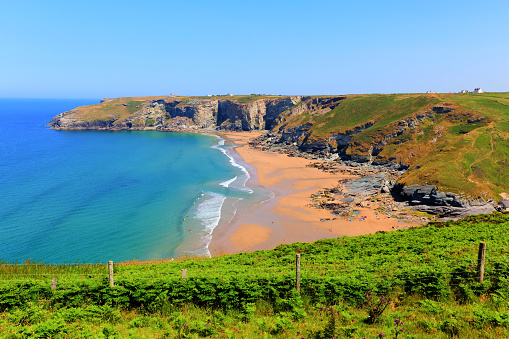Last Updated on: 22nd November 2023, 03:05 am
M&S Bank research shows the typical cost of a summer holiday* has risen by an average of £357 compared to last year due to the decline in sterling, which has continued to fluctuate following the EU referendum, and rising flight costs.
Cost of family holiday up £357 on last year, but families can save as much as £1,000, or £537 on average, by choosing alternatives to popular tourist destinations
Families are spending more than they need to with a third not budgeting for their holiday and more than one in ten not shopping around for travel money
M&S Bank research shows the typical cost of a summer holiday* has risen by an average of £357 compared to last year due to the decline in sterling, which has continued to fluctuate following the EU referendum, and rising flight costs. Over half (57 per cent) of holidaymakers expect to spend more on their main getaway this year with nearly a quarter (22 per cent) of these saying holiday prices are now more expensive.
However, families can still save as much as £1,000, or an average of £537, on the cost of a week-long holiday simply by choosing alternative destinations in the same country instead of the more popular or better-known resorts.
Paul Stokes, head of products at M&S Bank, said: “Holiday prices may be on he up, but there are still savings to be had for families who are willing to consider alternative destinations instead of more well-known tourist
Visiting Arles in southern France instead of tourist-hotspot Saint Tropez offers the biggest saving of all, with families able to pocket just over £1,000 in savings (£1,064). Arles is also the second cheapest destination researched, costing £3,468 for a family of four.
Holidaying in Vigo in north-western Spain provides the second biggest saving, with a week-long trip costing a family of four £984 less than the popular resort town of Marbella in the south. For those looking to venture further afield, Durban in South Africa is £712 cheaper than Port Elizabeth and is the cheapest destination researched outside of Europe.
A little closer to home, Cinque Terre in Italy and Sintra in Portugal also offer considerable savings of £636 and £628 respectively. Sintra is the cheapest destination overall at £3,452 for a family of four, making this a good option for families looking to save on their summer holiday this year.
Over one in ten never shop around for their travel money
Careful budgeting can also help cash-strapped families mitigate against rising holiday costs. When planning their holiday spending, 52 per cent of holidaymakers plan a budget and stick to it; 36 per cent make a budget for the whole holiday, while 16 per cent prefer to budget on a weekly or daily
However, a third (33 per cent) don’t budget for holidays at all and of those that do, nearly a quarter (22 per cent) fail to stick to it. Not planning a budget can quickly lead to families spending more than they originally intended.
Getting a good deal on travel money is also important to keep costs down.
The majority of holidaymakers are savvy when it comes to buying their foreign currency, with 86 per cent mostly comparing exchange rates and deals before making a purchase, including 52 per cent who always do this.
However, over one in ten (13 per cent) never do this and could well be paying more than they need to for their spending money.
Paul Stokes concluded: “Making a budget for your holiday and sticking to it is essential to avoid any unnecessary spending. Shopping around for the best deals when purchasing your travel money will also help your money to go further this summer.”
Paul shares his top travel money tips:
- Always check whether an alternative destination in the same country could be more affordable – being flexible with your holiday plans could result in significant savings
- Make a holiday budget and work out how much your holiday will cost and how much travel money you will need. Even if you’re staying in half-board or all-inclusive accommodation, don’t forget to factor in costs for taxis, tips and other extras
- Find out if you can buy tickets online and in advance for activities you’re planning
- Don’t rely on internet rates if buying travel money in-store; many providers have different rates online and some change their rate throughout the day
- Never leave your holiday money until the last minute; airport bureaux often offer less competitive rates and may not have a wide variety of note denominations
- Always take both travel money and a credit or debit card to ensure you’ve got multiple methods of payment






